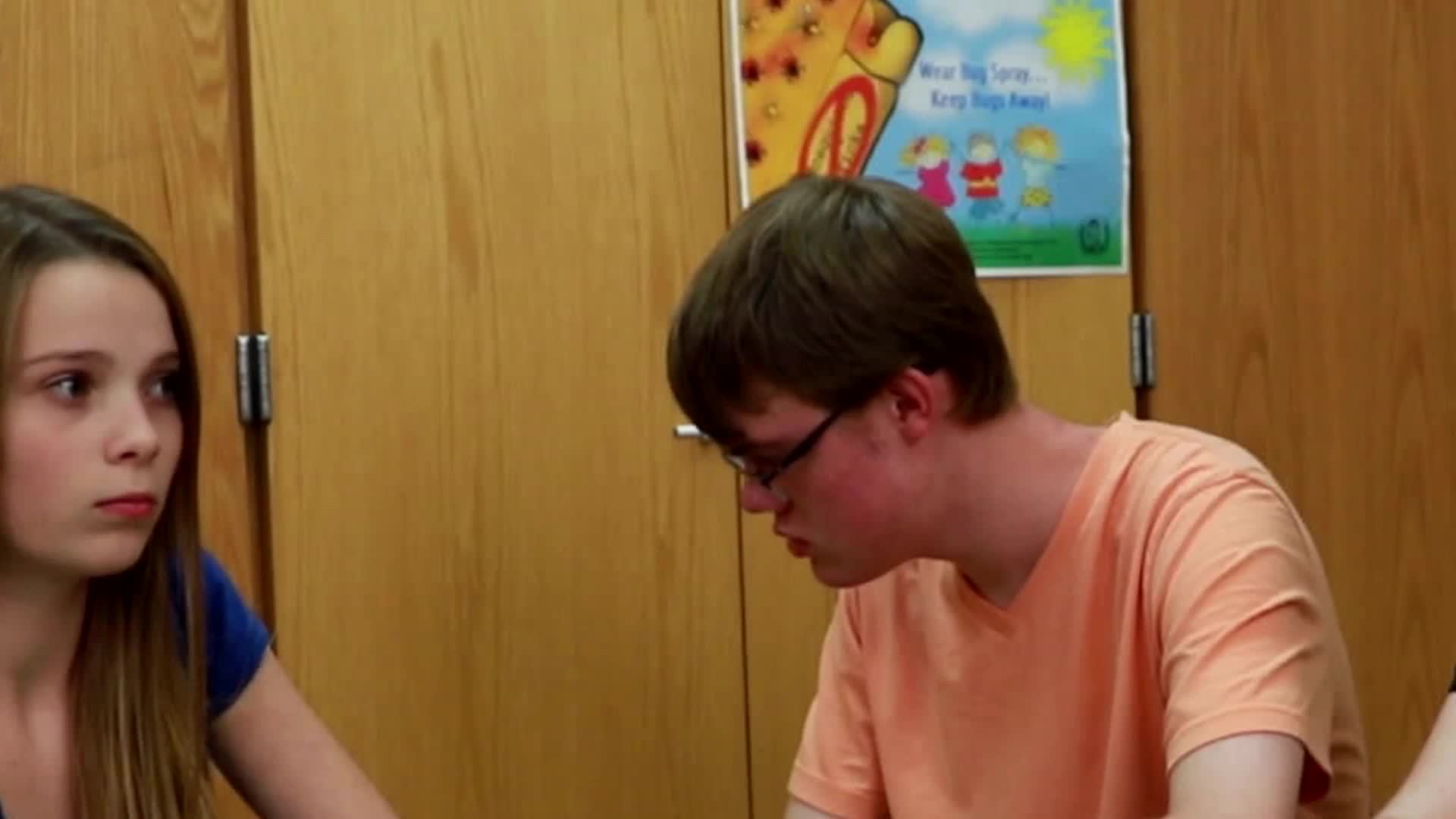
Introduction
Life is full of challenges and opportunities for growth, and one of the most important skills for students to develop is learning how to handle loss with grace. Being a good sport means not complaining or getting upset when we lose. By incorporating principles of Social-Emotional Learning, educators can help middle school students understand the importance of being a good sport and how this skill can positively impact their relationships with others.
No-Prep Activity
One simple activity that requires no preparation or materials is the “Good Sport Role-Play.” In this activity, students will be divided into small groups of 3-4. Each group will be given a scenario where someone wins and someone loses. The students will then role-play the situation, demonstrating both good and bad sportsmanship. After each role-play, the group will discuss the differences in how they felt when they were acting as a good sport versus a bad sport. This activity helps students practice empathy and understand the impact of their actions on others.
Discussion Questions
- Why is it important to be a good sport when we lose?
- How can losing gracefully in a game or competition help us grow and learn?
- How do you think others feel when someone is not being a good sport?
- What are some ways you can show good sportsmanship when you lose?
- Can you think of a time when you or someone you know demonstrated good sportsmanship? How did it affect the situation?
Related Skills
Teaching good sportsmanship also helps students develop other important Social-Emotional Learning skills, such as:
- Empathy: Understanding and sharing the feelings of others.
- Self-awareness: Recognizing one’s own emotions and how they affect one’s behavior.
- Resilience: Bouncing back from setbacks and learning from failures.
- Effective communication: Expressing oneself clearly and respectfully, even when emotions are running high.
Next Steps
Teaching middle school students about good sportsmanship and handling loss with grace is a valuable life skill that can help them navigate relationships and challenges throughout their lives. To explore more activities and resources related to good sportsmanship and other important Social-Emotional Learning skills, sign up for free sample materials at Everyday Speech. These resources will provide you with engaging and effective tools to help your students develop the skills they need to succeed both in and out of the classroom.

